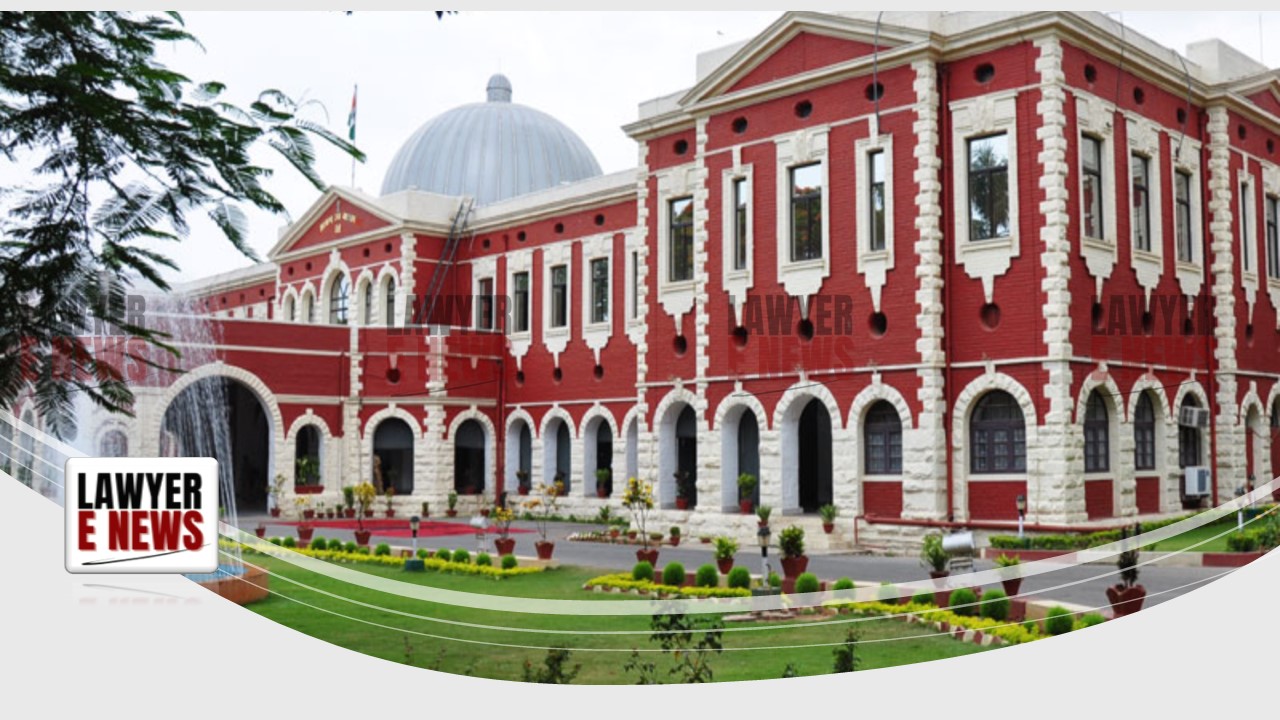-
by Admin
15 February 2026 2:36 AM



In a significant ruling, the High Court of Jharkhand has overturned a trial court’s partial rejection of an amendment application in a civil suit concerning the declaration of a gift deed and an unregistered will as forged and fabricated. Justice Subhash Chand, presiding over the case, emphasized that the proposed amendment did not introduce a new cause of action but merely clarified the existing one. This decision reaffirms the principles governing the amendment of pleadings under the Code of Civil Procedure, 1908.
The petitioner, Hardeep Singh Sidhu, had filed a civil writ petition challenging the trial court’s order that partially rejected his application to amend the plaint in a suit seeking to declare a gift deed dated May 22, 1982, and an unregistered will dated June 7, 1982, as forged, fabricated, and null and void. The disputed documents were allegedly executed by the late Sardar Hem Singh in favor of the respondents, including Harcharan Singh Sidhu and others. The trial court had allowed the amendment application in part but rejected the inclusion of a new paragraph 32, reasoning that it introduced a distinct cause of action.
Justice Subhash Chand, upon reviewing the case, found that the proposed amendment did not alter the cause of action but elaborated on the existing facts. “The proposed amendment does not bring in a new cause of action; rather, it elucidates the facts already pleaded,” observed the court. The court noted that the original plaint stated that the cause of action arose on November 29, 2010, when the petitioner first became aware of the alleged fraudulent documents during another legal proceeding.
The court referred to Order VI, Rule 17 of the Code of Civil Procedure, 1908, which governs the amendment of pleadings. The court underscored that amendments should be permitted if they help determine the real questions in controversy. “The purpose of amendments is to promote the ends of justice and avoid multiplicity of litigation,” the court noted.
Addressing the respondents’ preliminary objection regarding the limitation, the court stated that such objections should not be decided at the amendment stage. “The merits of the limitation objection cannot be decided while disposing of the amendment application,” the court ruled. The court further emphasized that the respondents would not suffer any prejudice due to the amendment as they were at liberty to file an additional written statement to counter the new averments.
The court also considered the respondents’ reliance on the case law from “State of A.P. v. Pioneer Builders, A.P. (2006) 12 SCC 119” and found it inapplicable to the present facts. “The cited case does not apply as the proposed amendment here does not introduce a distinct cause of action,” the court clarified.
Justice Subhash Chand remarked, “The proposed amendment elucidates the cause of action without altering its nature, ensuring that the real issues are brought before the court for proper adjudication.”
The High Court’s decision to set aside the trial court’s order and allow the amendment application in full reinforces the judiciary’s commitment to ensuring fair and comprehensive adjudication of disputes. By permitting the petitioner to incorporate the amendment and allowing the respondents to file an additional written statement, the court has balanced the interests of both parties. This ruling is expected to have a significant impact on the approach to amendments in pleadings, emphasizing clarity and thoroughness in presenting the cause of action.
Date of Decision: June 26, 2024
